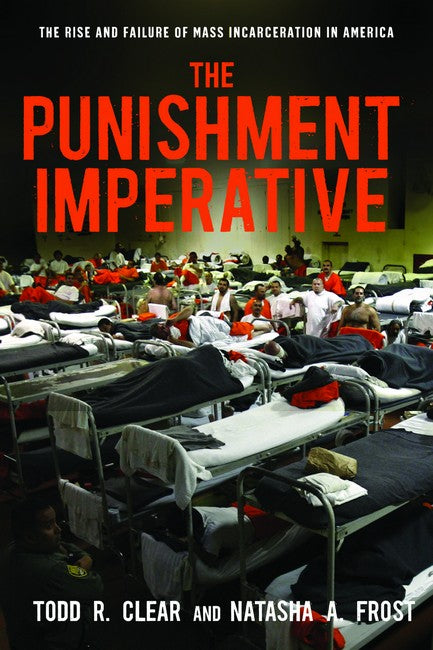Over the last 40 years, the US penal system has grown at an unprecedented rate-five times larger than in the past and grossly out of scale with the rest of the world. In The Punishment Imperative, eminent criminologists Todd R. Clear and Natasha A. Frost argue that America's move to mass incarceration from the 1960s to the early 2000s was more than just a response to crime or a collection of policies adopted in isolation; it was a grand social experiment. Tracing a wide array of trends related to the criminal justice system, this book charts the rise of penal severity in America and speculates that a variety of forces-fiscal, political, and evidentiary-have finally come together to bring this great social experiment to an end. The authors stress that while the doubling of the crime rate in the late 1960s represented one of the most pressing social problems at the time, it was instead the way crime posed a political problem-and thereby offered a political opportunity-that became the basis for the great rise in punishment. Clear and Frost contend that the public's growing realization that the severe policies themselves, not growing crime rates, were the main cause of increased incarceration eventually led to a surge of interest in taking a more rehabilitative, pragmatic, and cooperative approach to dealing with criminal offenders that still continues to this day. Part historical study, part forward-looking policy analysis, The Punishment Imperative is a compelling study of a generation of crime and punishment in America.

